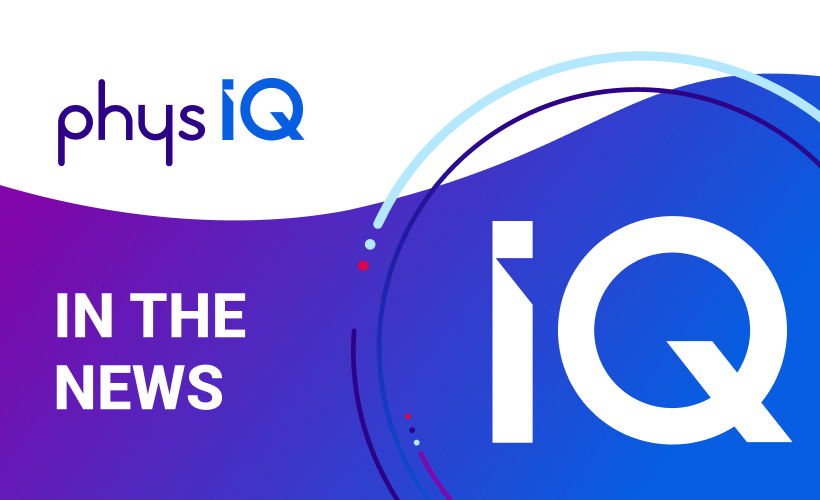Inside an Individual’s Physiological Signature
Originally published in Medical Device & Technology
1 min read
![]() physIQ
:
January 15, 2021
physIQ
:
January 15, 2021

Originally published in EP Lab Digest
PhysIQ, the leader in digital health solutions and artificial intelligence (AI) based physiology analytics, has been named to the Observer’s list of Hottest Health Tech Companies in Digital Health for the second straight year. The publication selected physIQ based on its technological advancements in the area of continuous remote patient monitoring (cRPM) and the positive impact its work has had during the COVID-19 pandemic. The company uses near real-time biosensor data combined with platform powered by FDA-cleared AI-based analytics and transforms it into personalized patient insights for healthcare providers and pharmaceutical companies.
In early 2020, physIQ published results from the breakthrough LINK-HF study conducted with the U.S. Veteran’s Affairs, in Circulation – Heart Failure, that predicted heart failure hospitalization up to 10 days in advance. Additionally, physIQ announced multiple COVID-19 studies during 2020, including a project with the Department of Defense and the Henry M. Jackson Foundation for The Advancement of Military Medicine, as well as UI Health and the Chicago Medical Society.
In September 2020, physIQ was awarded a contract from the National Institutes of Health to develop an AI-based COVID-19 digital biomarker to address the rapid decline in high-risk COVID-19 patients. NIH recently awarded physIQ phase II in order to enroll an additional 1,200 subjects in the study.
“The COVID-19 pandemic has illuminated the vulnerabilities of our healthcare system and has shown how the physIQ technology can be used effectively as part of the solution to help care for patients who need critical monitoring away from an inpatient setting,” said physIQ’s CEO, Gary Conkright. “We believe passionately that continuous remote patient monitoring, when analyzed with AI-based analytics, can have a significant impact and offer unprecedented clinical insight to enable personalized, proactive healthcare.”

Originally published in Medical Device & Technology

Originally published in Pixel Scientia Labs

Originally published in Crain's Chicago